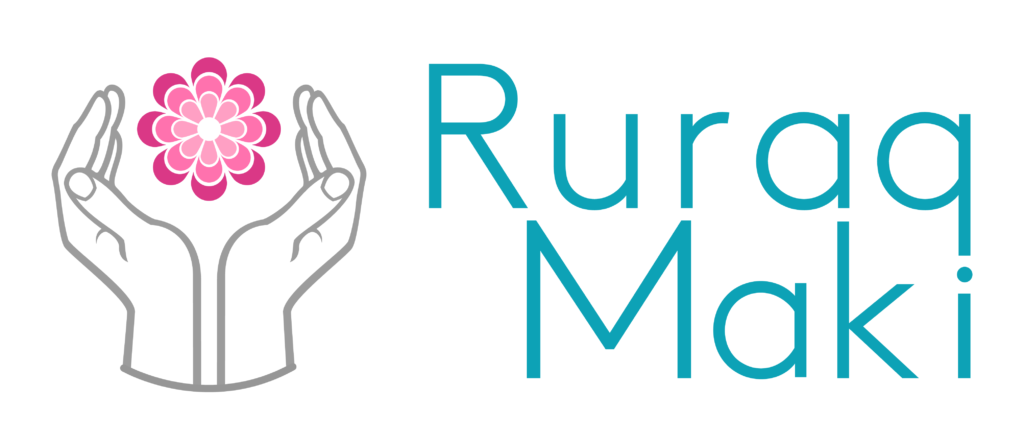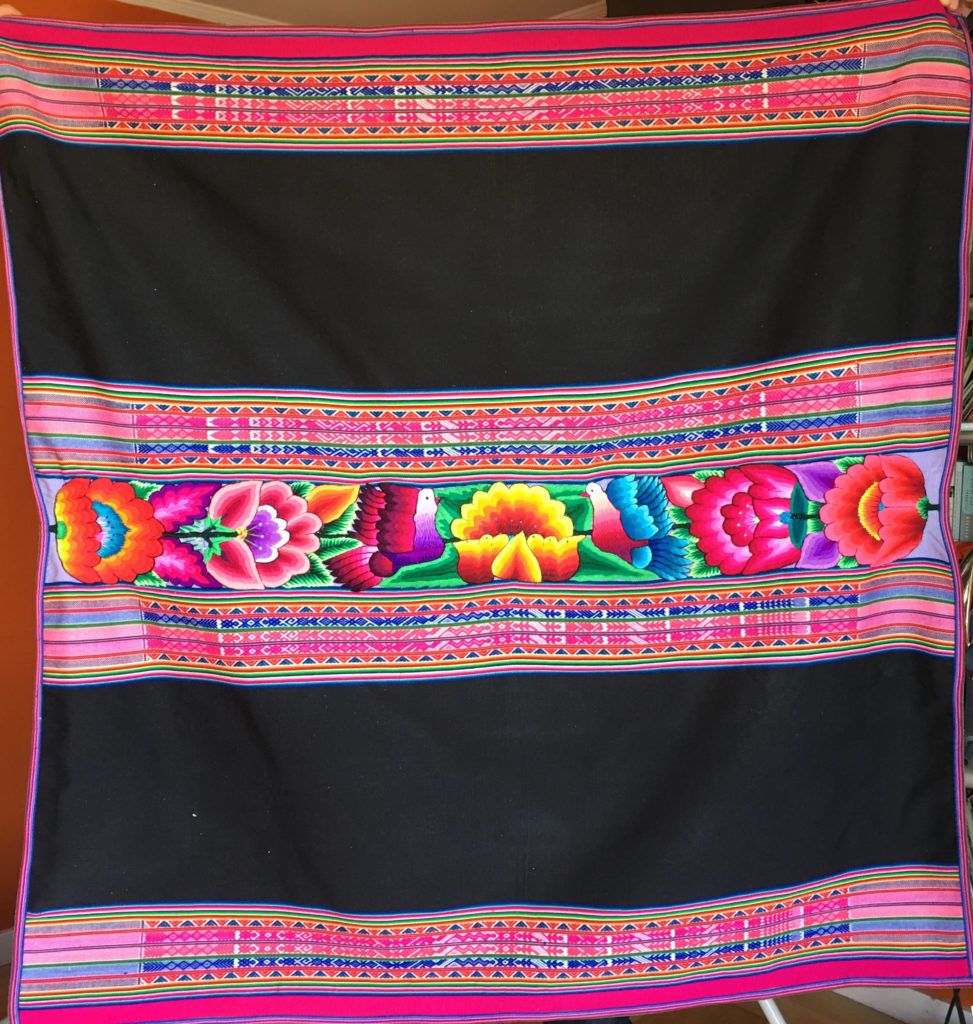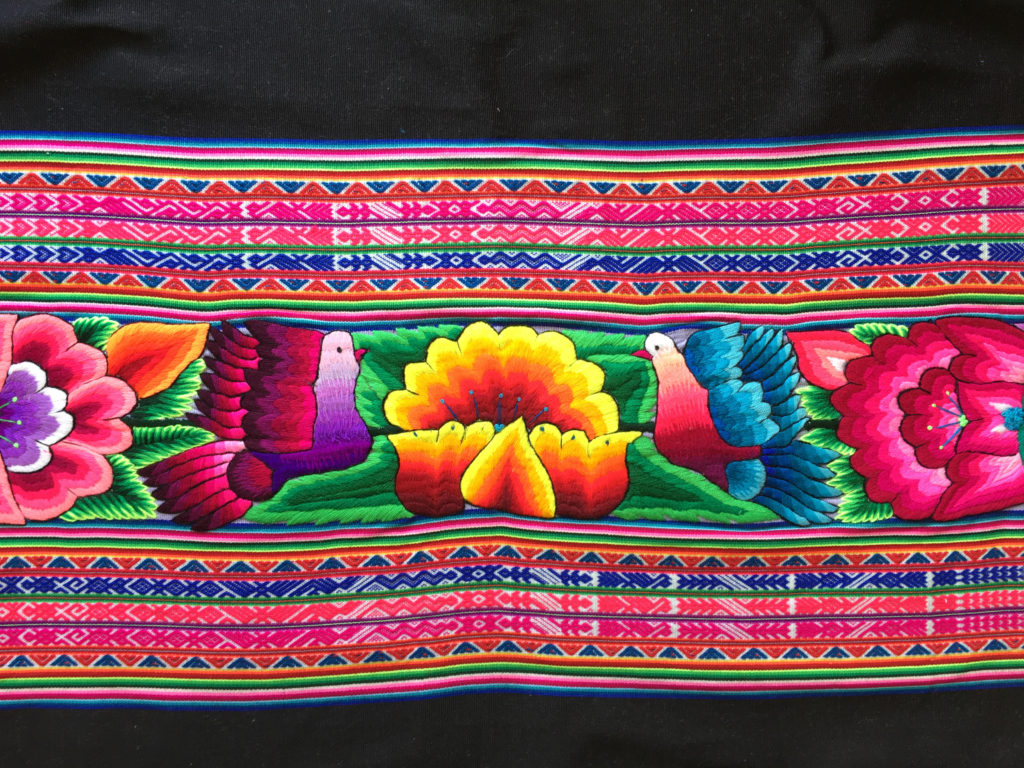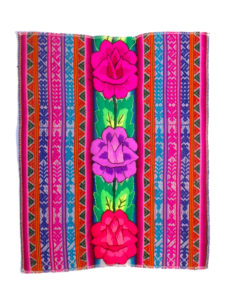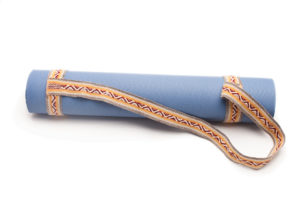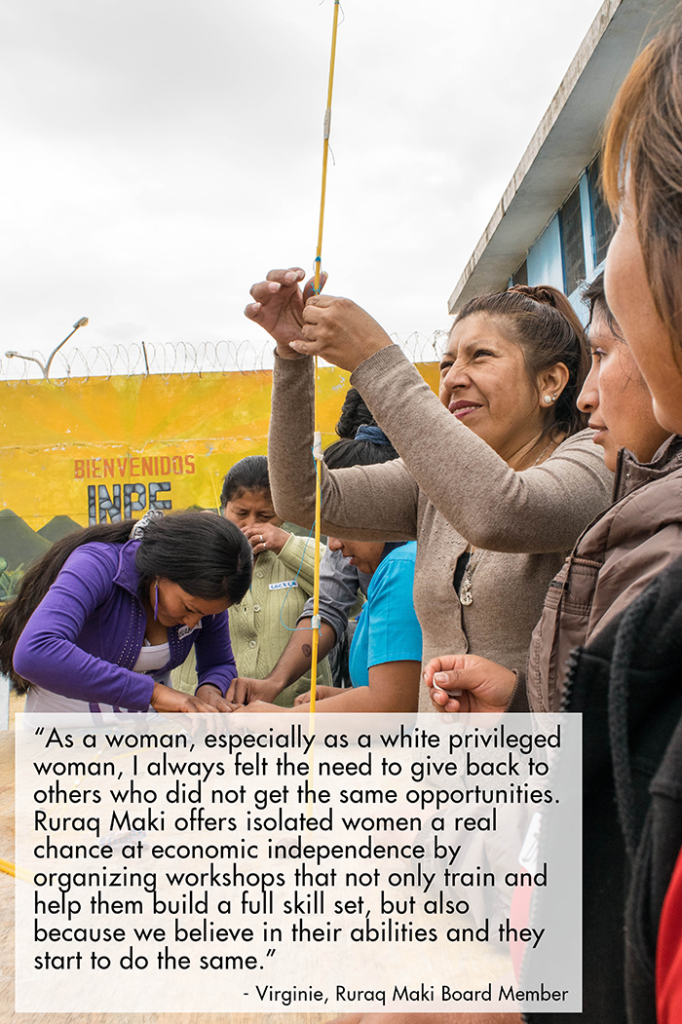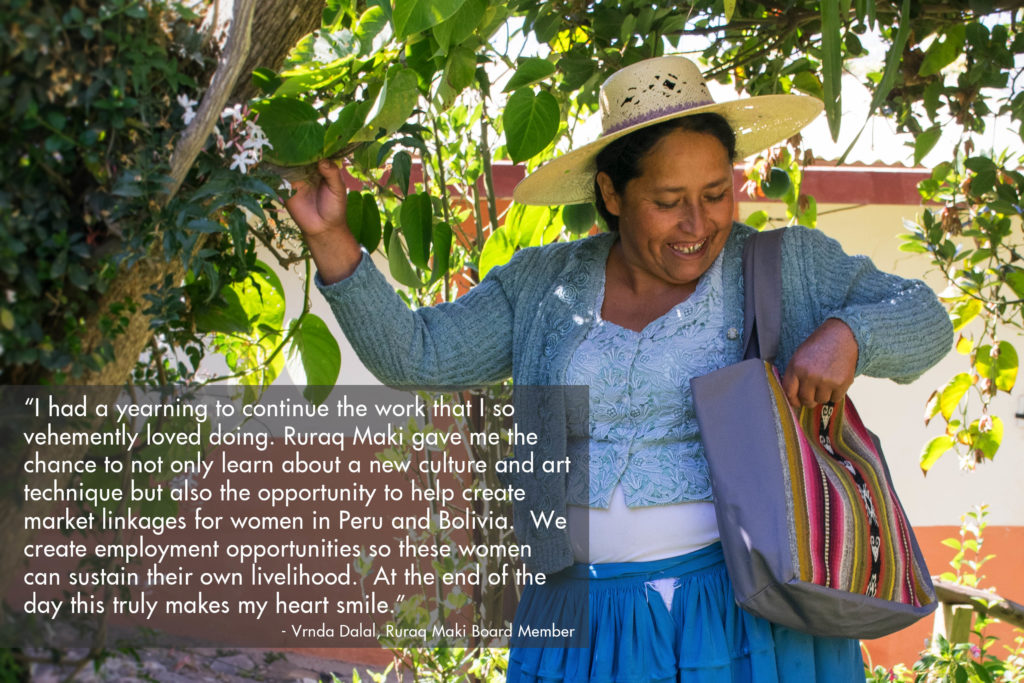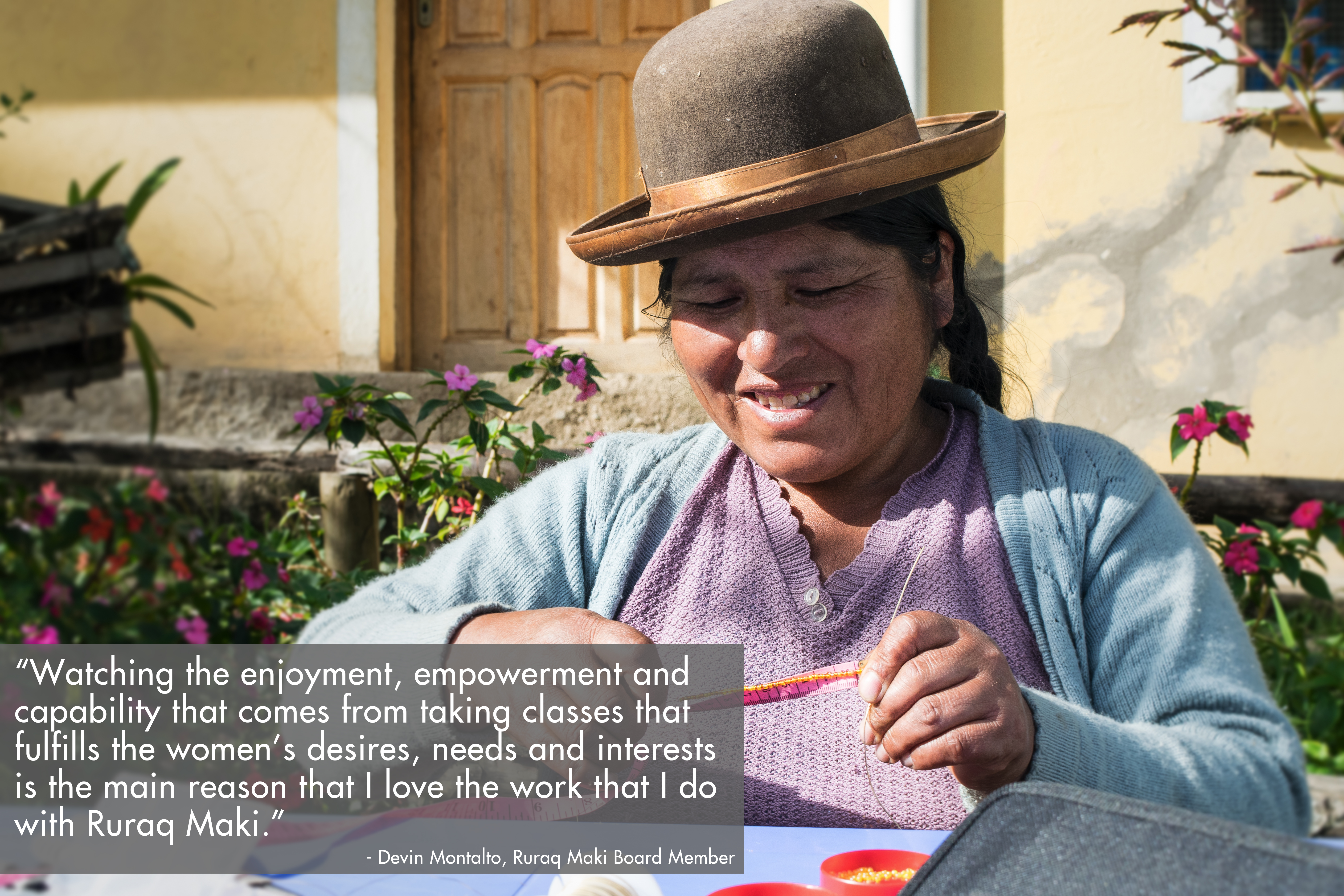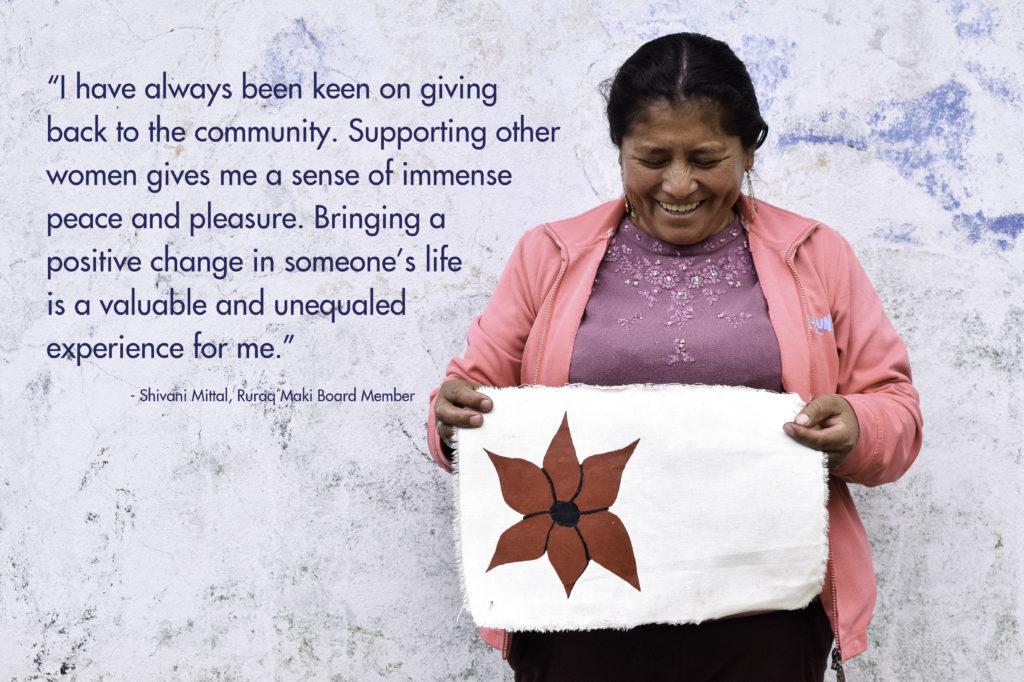We are giving away this beautiful manta embroidered by Lia. She is one of Ruraq Maki’s youngest women who was a child of the streets and now relies on Ruraq Maki’s programs to earn a just income and start a new life. Her manta showcases stunning detail-work of birds and flowers. Additionally, her manta features five rows of curros, handwoven figures representing regional landscapes and animals.
Mantas are rectangular cloths used in traditional communities in the Andes region. Indigenous peoples use them as shawls and to carry goods and groceries. Our manta products are made exclusively by incarcerated men and women in the Yanamilla Prison in Peru. The men in the prison hand weave the manta using back strap looms and the women hand embroider the material. If you want to know more about the mantas, check out our Manta story blog posts.
Use this is a great opportunity to support the men and women in the Ayacucho prison and, more importantly, call this unique artwork your own. The artisans are working hard to keep traditional arts alive and provide for their families.
Participate in our Giveaway today to win! Furthermore, you will also have a chance to win a gorgeous embroidered wall hanging or yoga mat strap.
